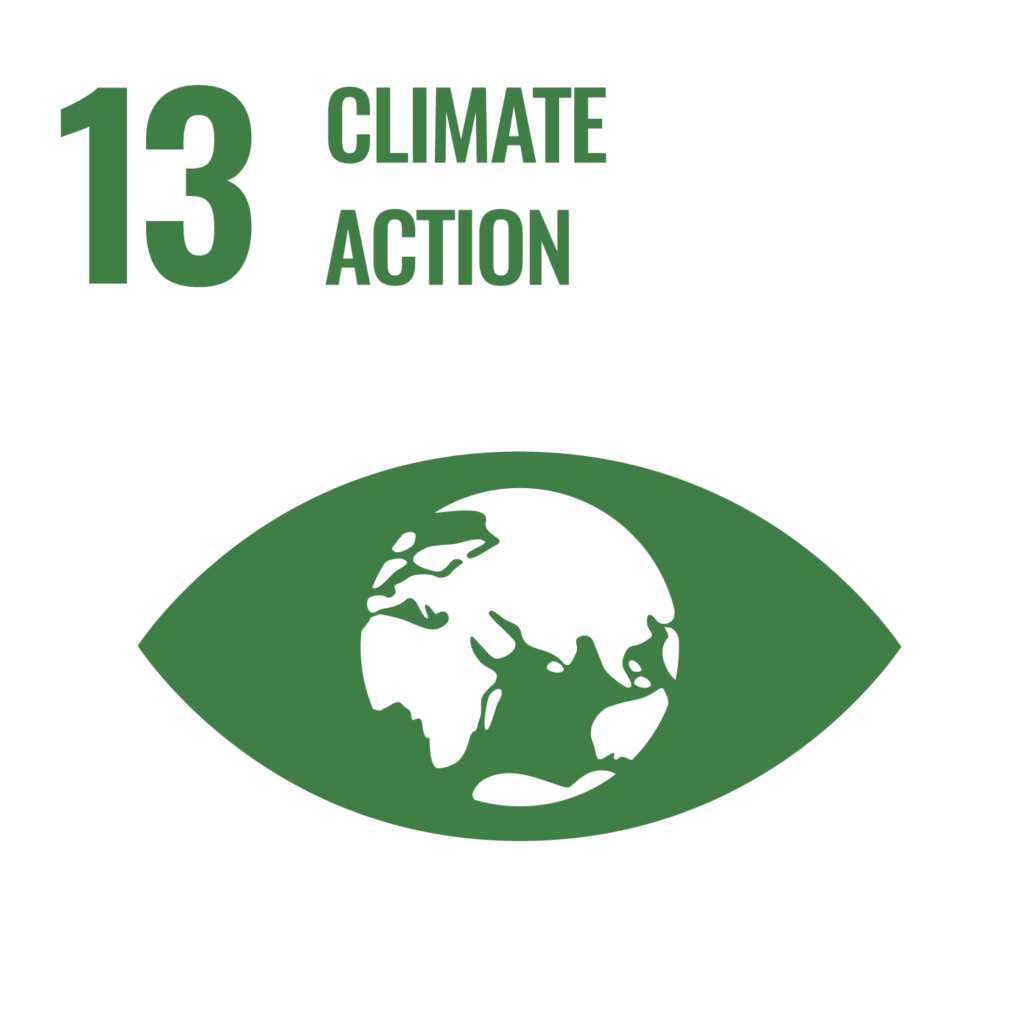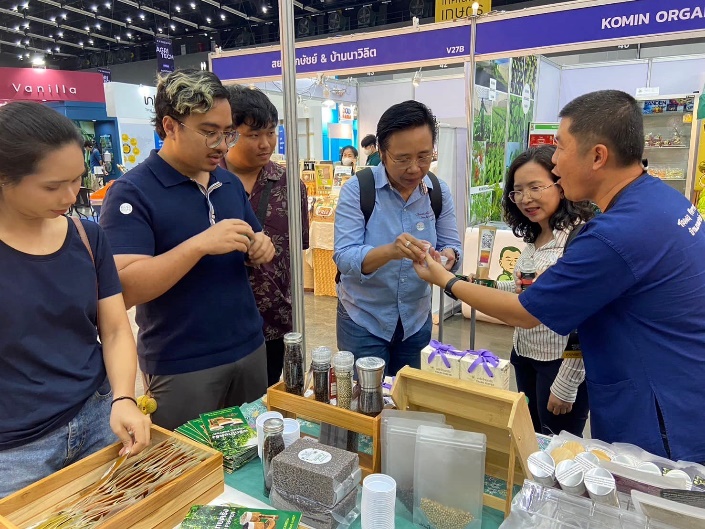Reporters:
Asst. Prof. Dr. Nattapon Kaewthong
Asst. Prof. Chayanat Buathongkua
Asst. Prof. Tanakorn Inthasuth
Ms. Sayamon Buddhamongkol
Ms. Duanrung Chooyruang
Evidence Date:
Jul 20, 2023
Jun 26, 2023
Related Indicators:
13.3.5
Details:
For Research and Innovation, which focuses on collaborative research and development, particularly in climate change adaptation, Rajamangala University of Technology Srivijaya (RUTS) has initiated projects that emphasize water management and the use of innovative technology. These efforts involve partnerships with government agencies and various NGOs. The details are as follows:
1. Water Management Project for Agriculture in Phru Khae Khae, Pattani Province
On May 19, 2023, discussions were held with the Water Allocation Division of the Pattani Irrigation Project to support the Phru Khae Khae Development Project (a royal initiative). The project aims to enhance water management by integrating innovative technology for monitoring water quality and analyzing agricultural areas. This approach supports systematic water management to adapt to environmental changes.
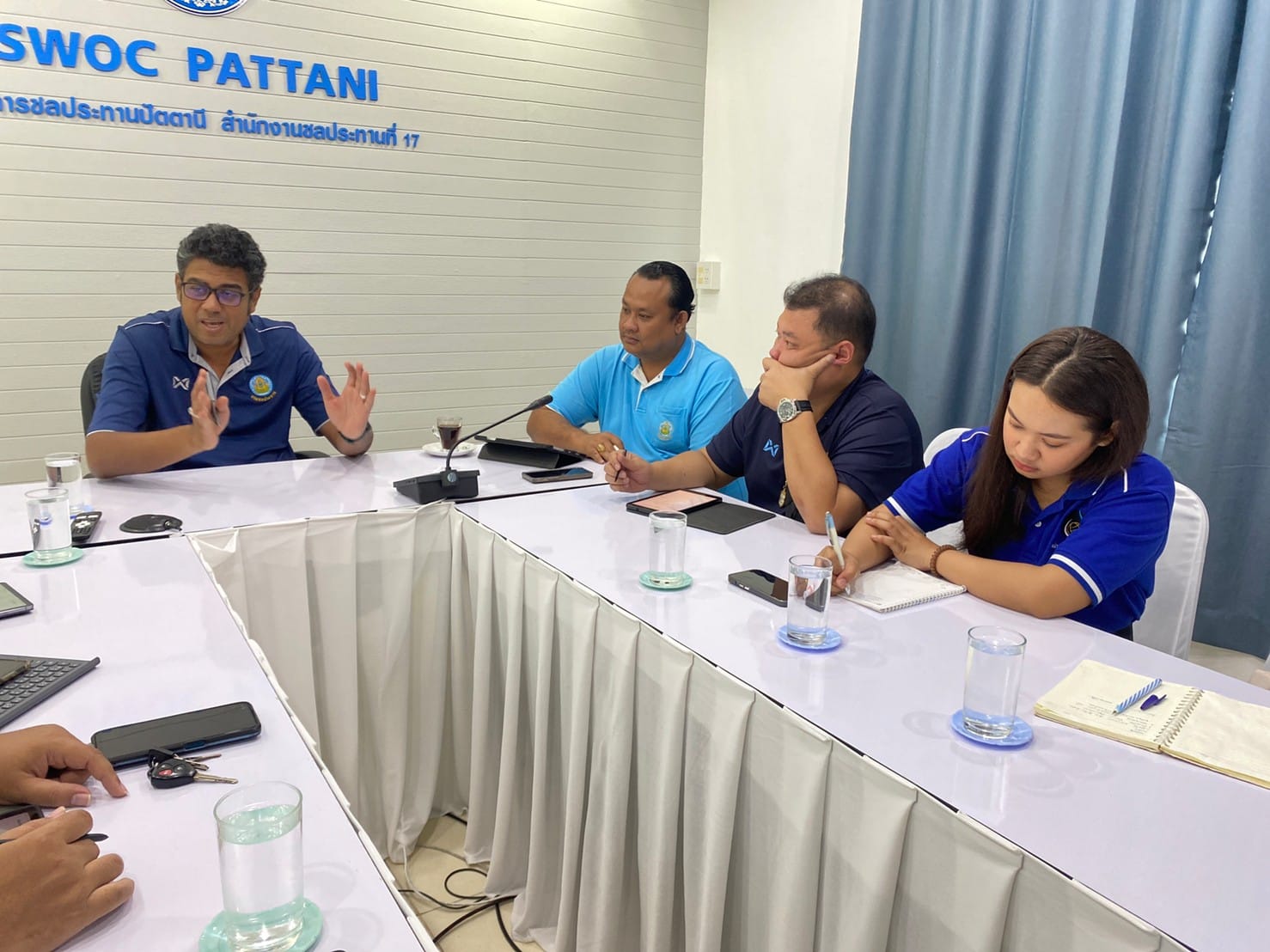
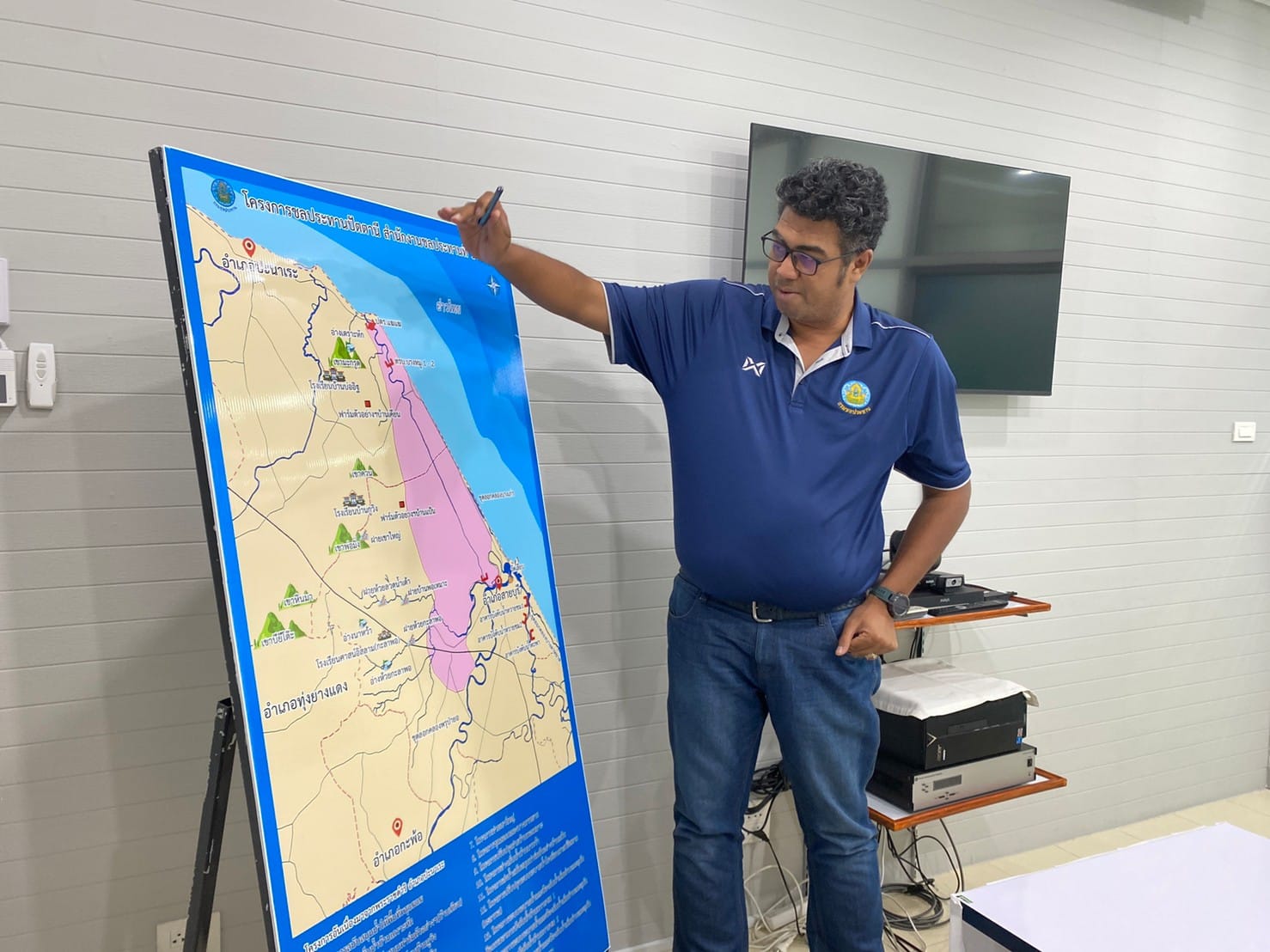
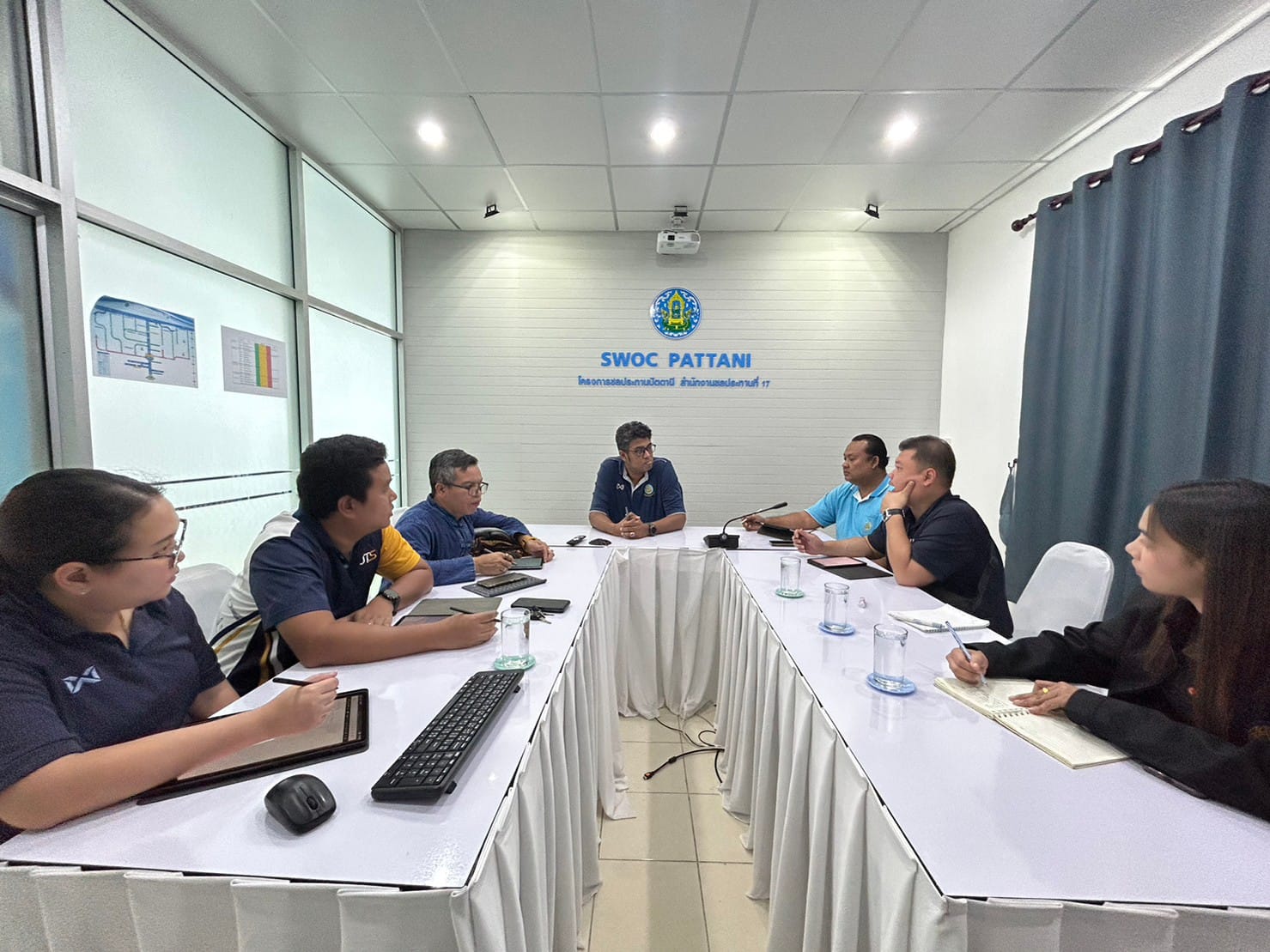
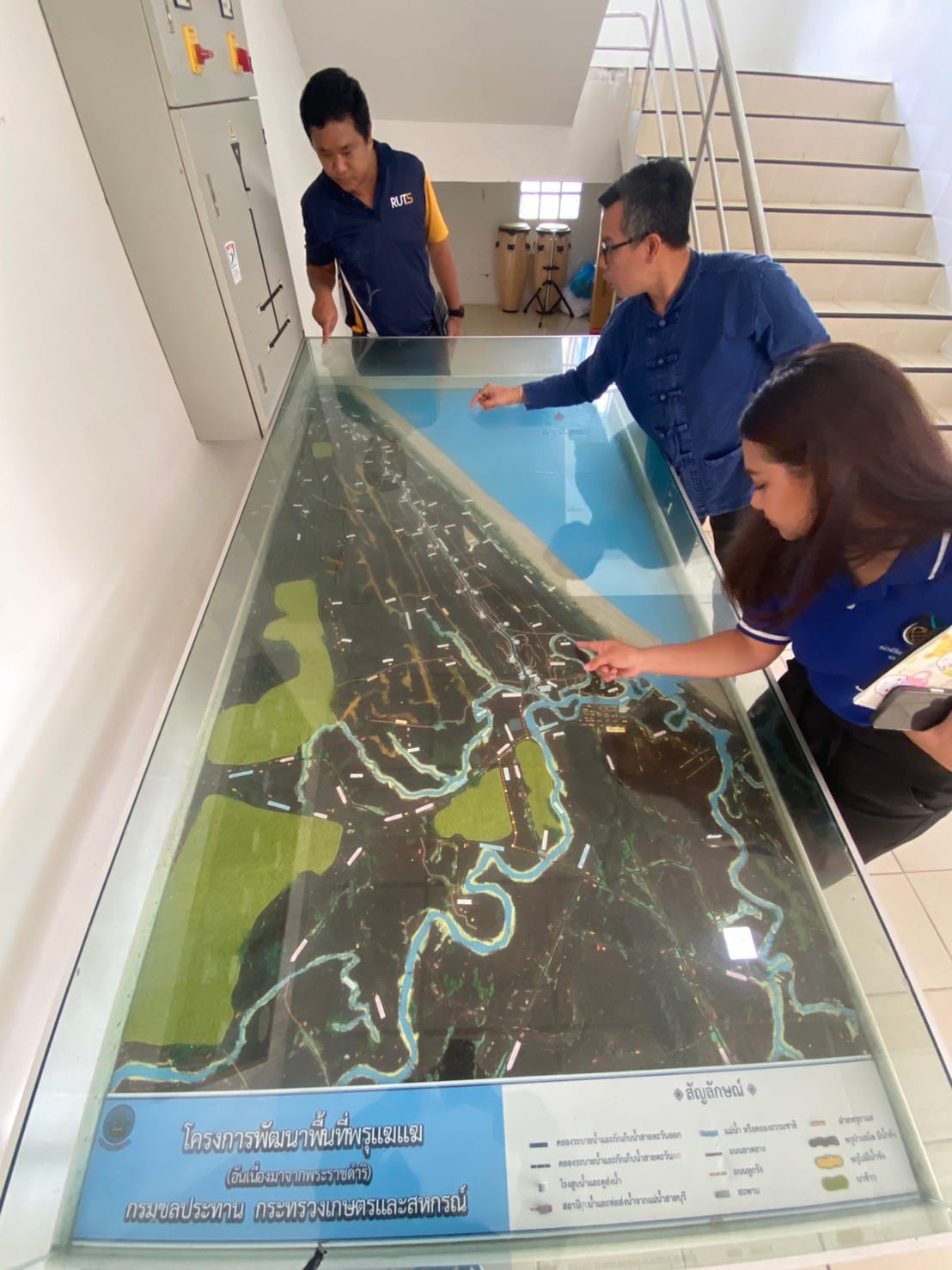
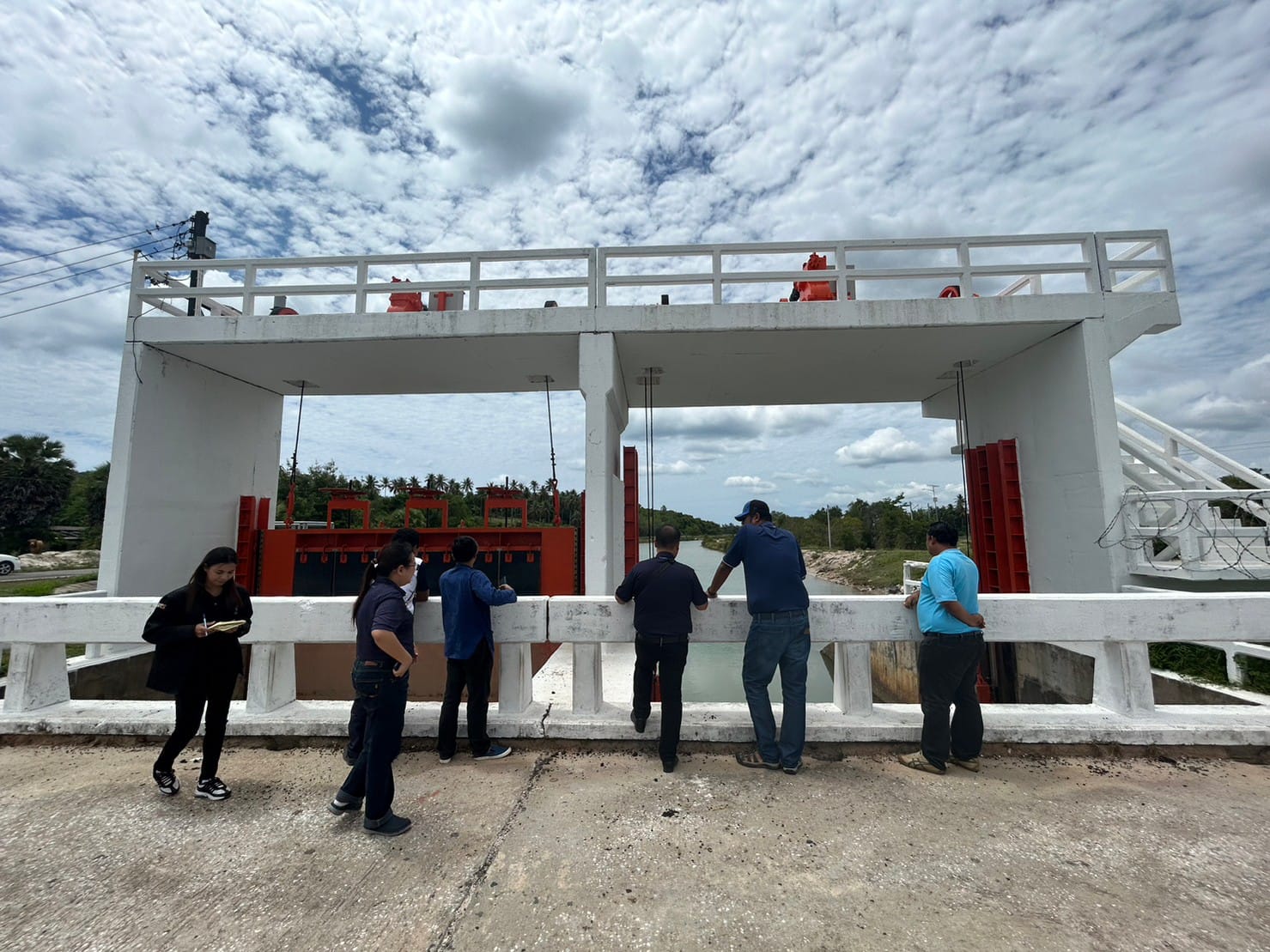
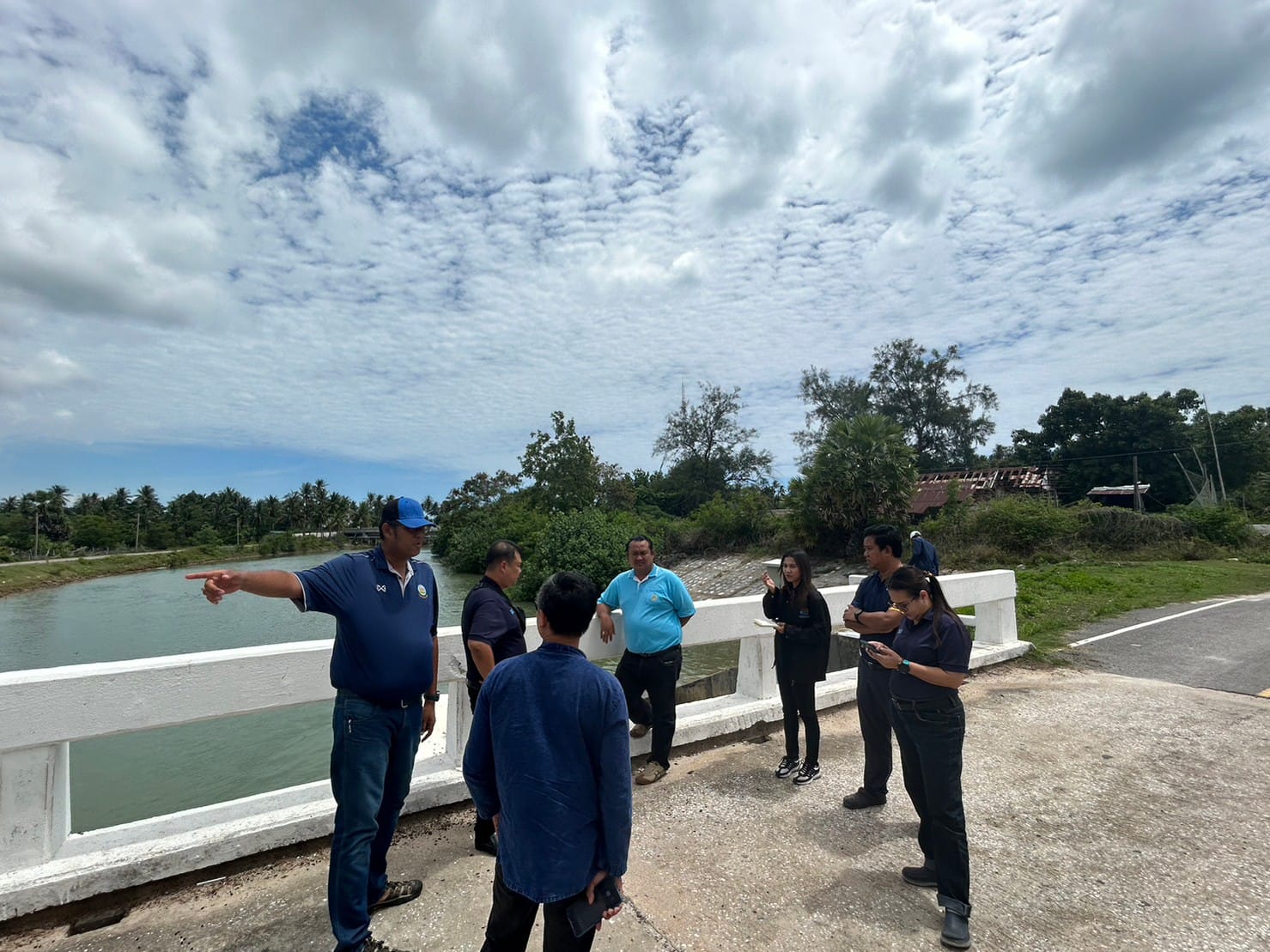
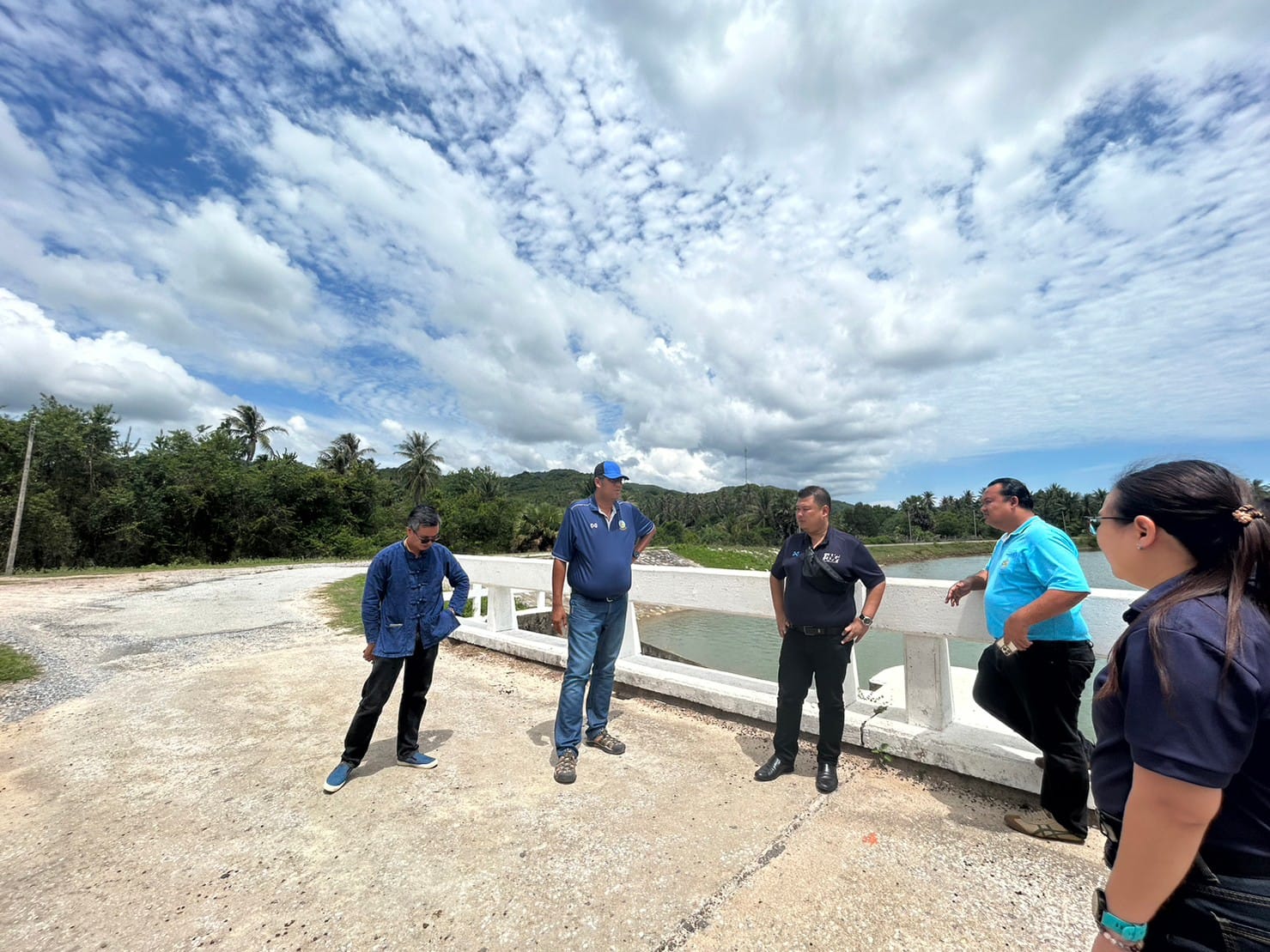
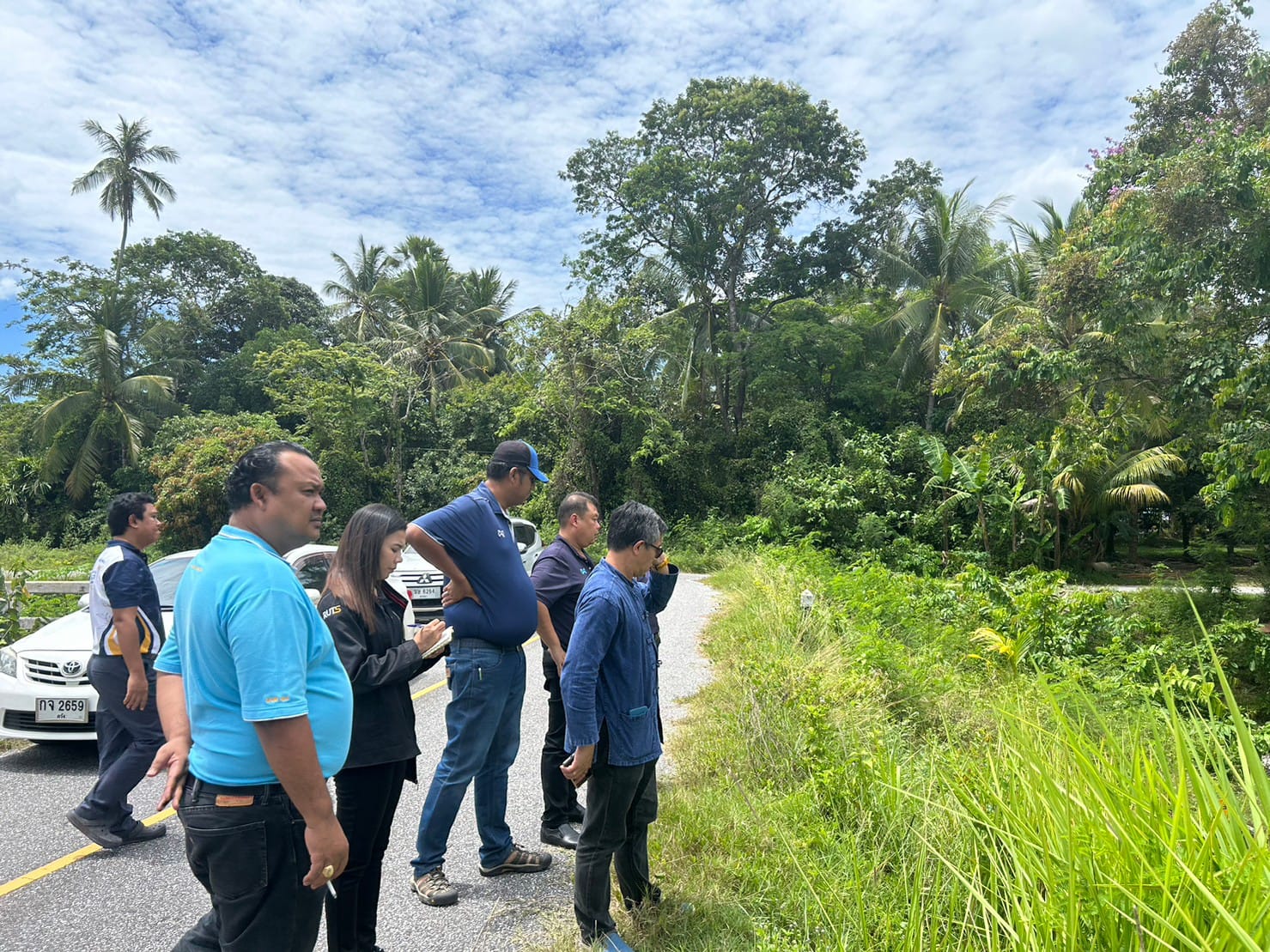
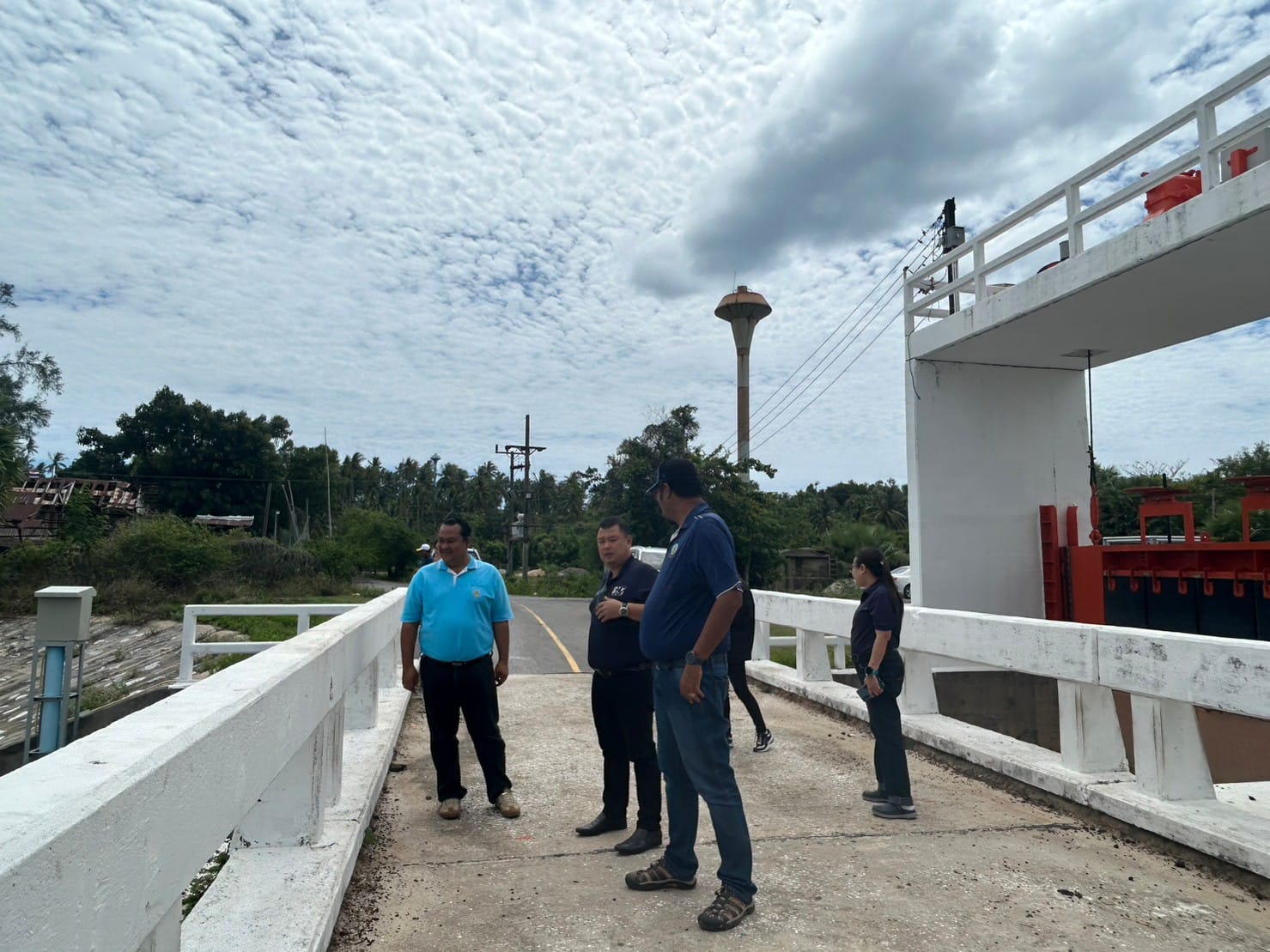
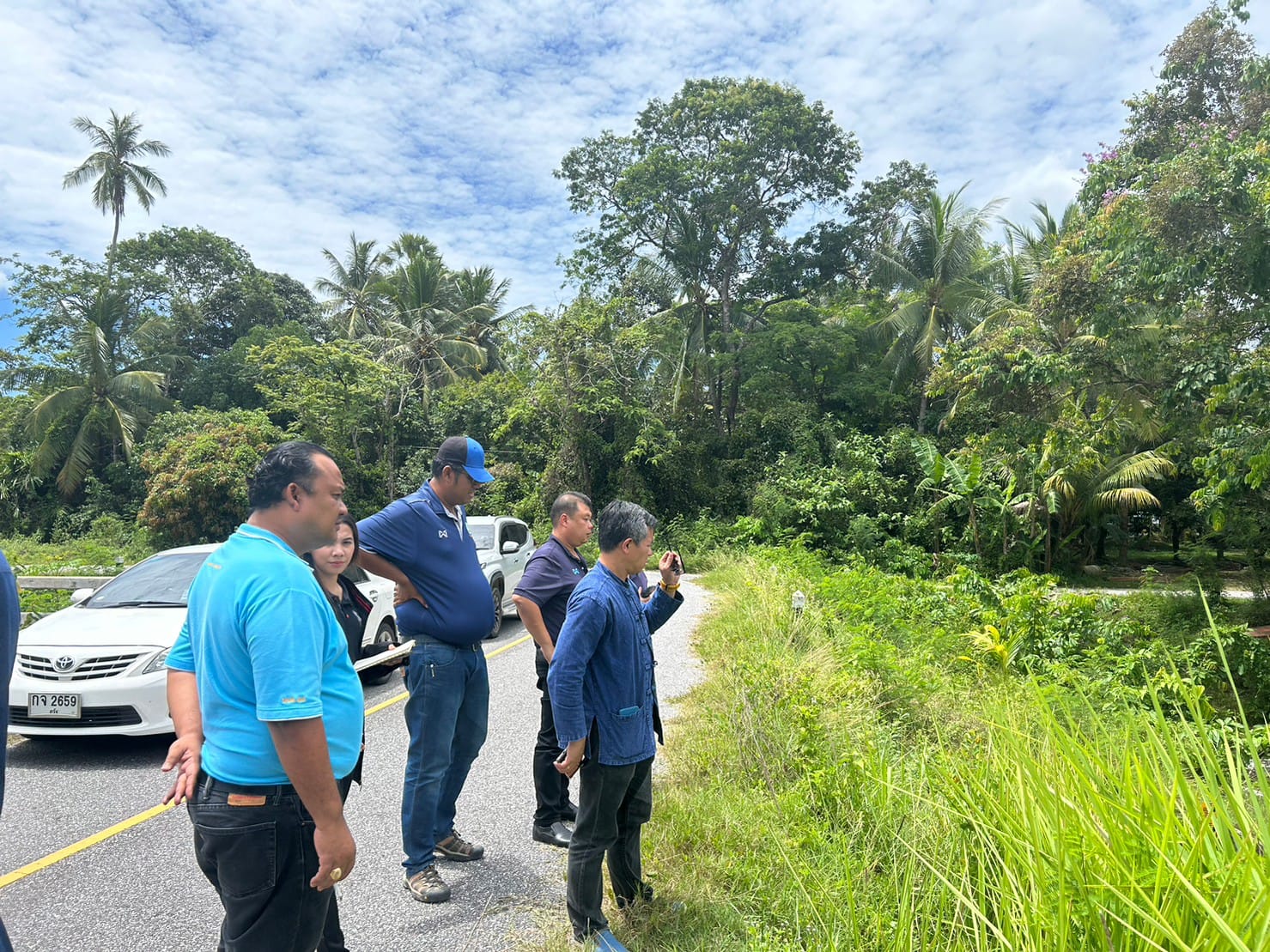
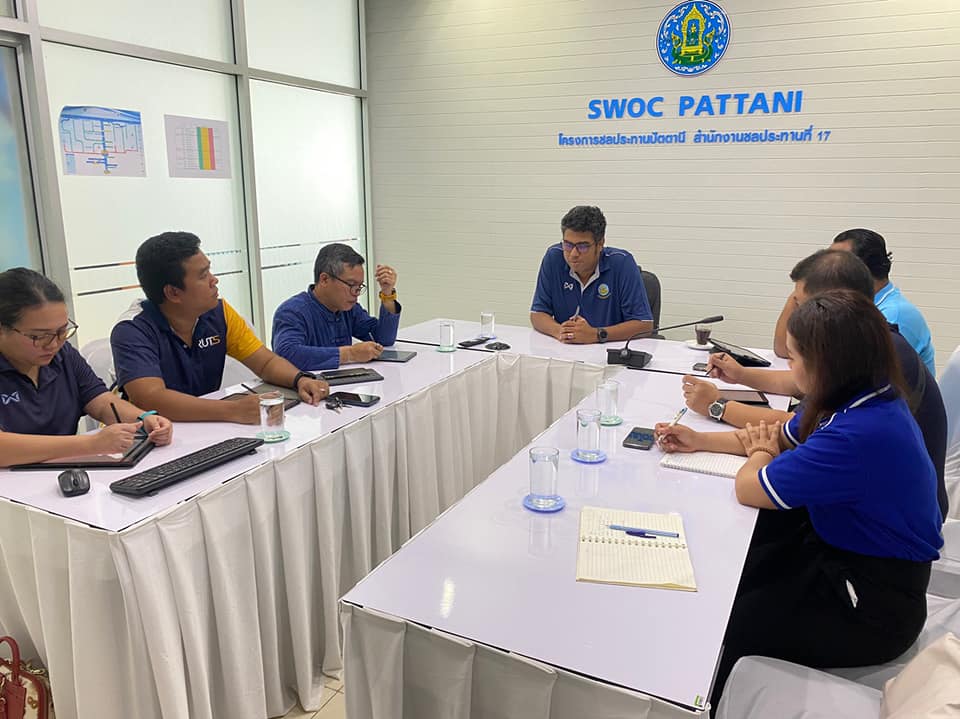
This project employs advanced innovations for continuous water quality monitoring in the Phru Khae Khae area. The analyzed data is used to optimize water resource allocation across different regions, helping local farmers adapt more effectively to unpredictable weather patterns. Additionally, it enhances the ability to maintain moisture levels and regulate water levels in agricultural areas, reducing future risks of floods and droughts. This initiative exemplifies the application of science and technology in innovative ways that improve local quality of life and increase agricultural productivity in the Phru Khae Khae region.
2. Strengthening Water Management in Ranot-Krasaesin Area, Songkhla Province
The Ranot-Krasaesin Water Delivery and Maintenance Project, under Irrigation Office 16, and Rajamangala University of Technology Srivijaya (RUTS) collaborated to strengthen the Irrigation Management Committee (JMC) before commencing water delivery and maintenance operations. On July 20, 2023, Mr. Surath Laichan, District Chief of Ranot and JMC Chairman of the Ranot Irrigation Pump Station, presided over the meeting aimed at enhancing the JMC’s capabilities in effective water management. The meeting included representatives from the irrigation project and stakeholders at the Ranot-Krasaesin Water Delivery and Maintenance Office, Songkhla Province. The goal was to promote sustainable water management by involving local irrigation farmers in decision-making processes, ensuring that water management is efficient and benefits all stakeholders.
Later, Dr. Natthaphon Kaewthong, a water resource management researcher from RUTS, along with his team, presented a project focused on improving cost-effective water management and allocation systems using sub-district-level water balance in the Sathing Phra Peninsula. The initiative employs innovative approaches and community engagement to increase water management efficiency and storage capacity, thus reducing agricultural risks from water shortages. The project also aims to establish a community-based water management network in the Sathing Phra Peninsula as a model for effective local water governance and resource sustainability.
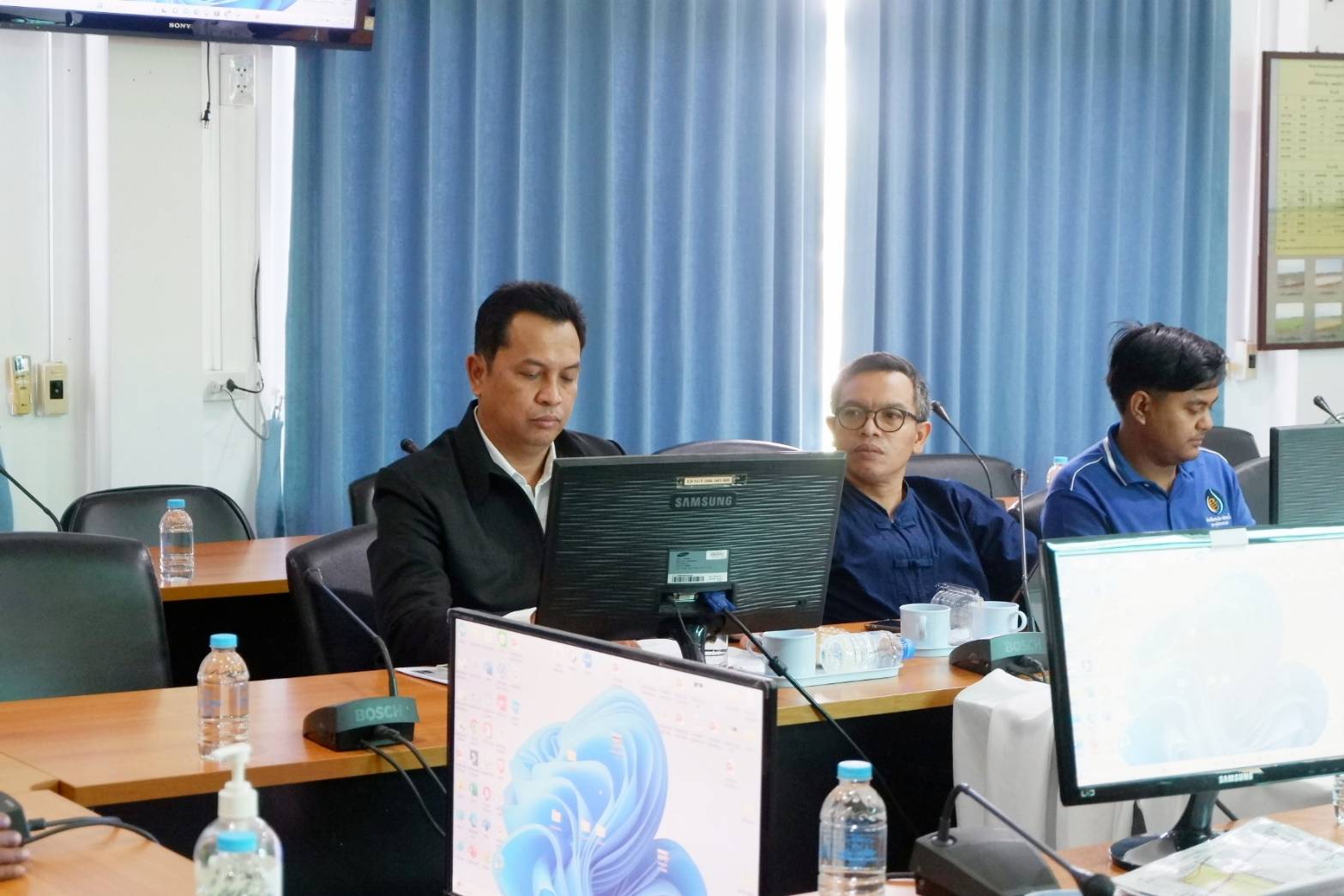
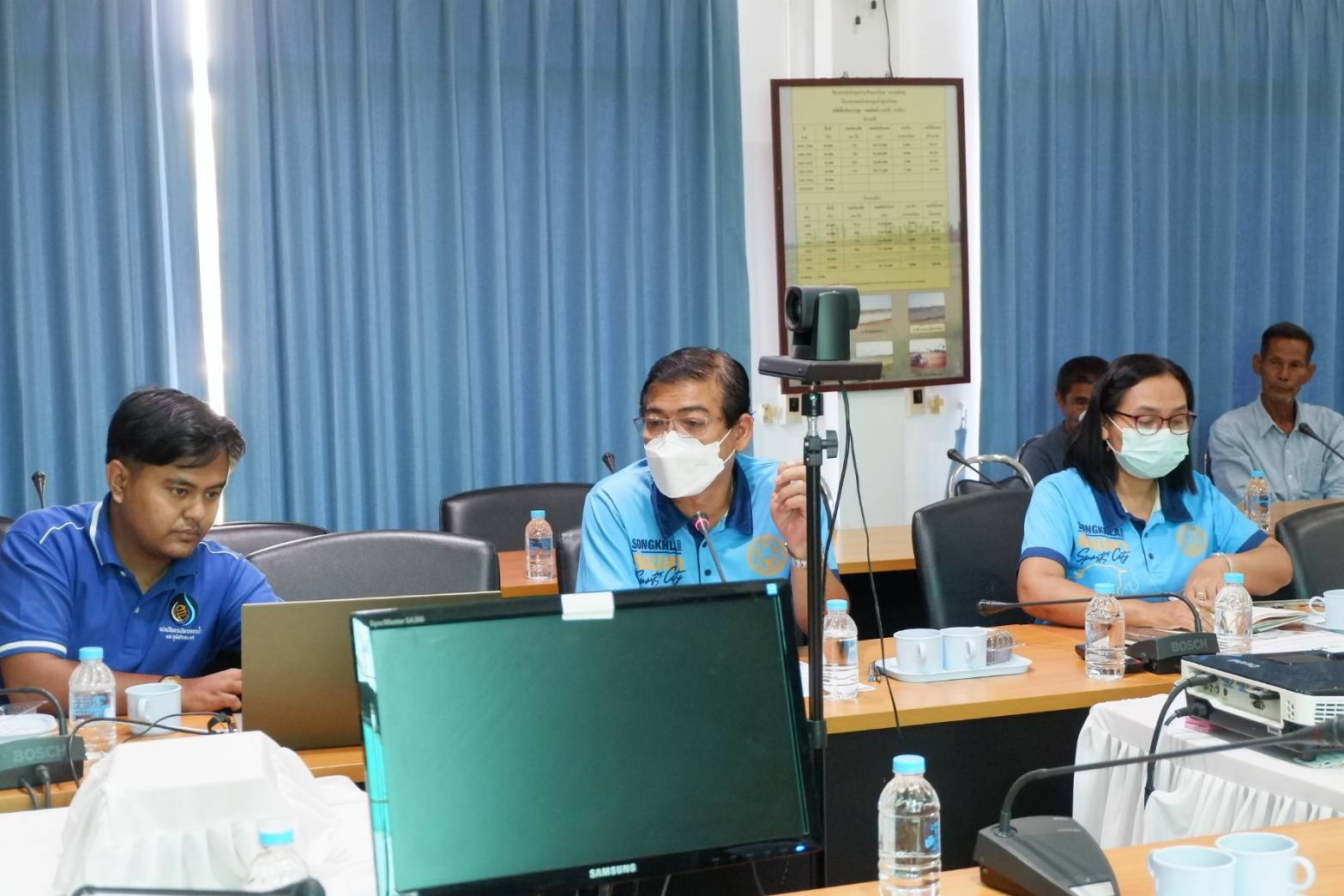
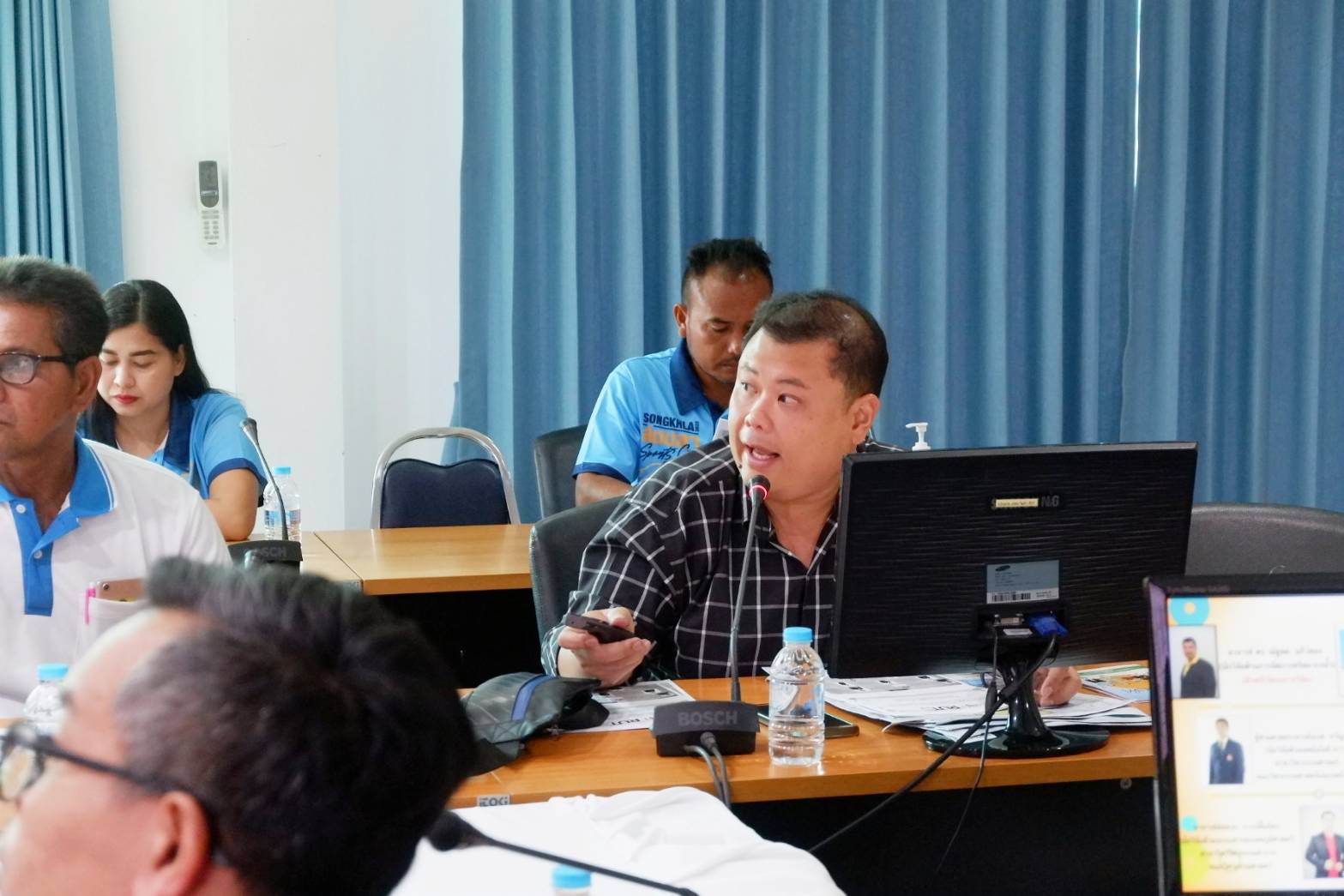
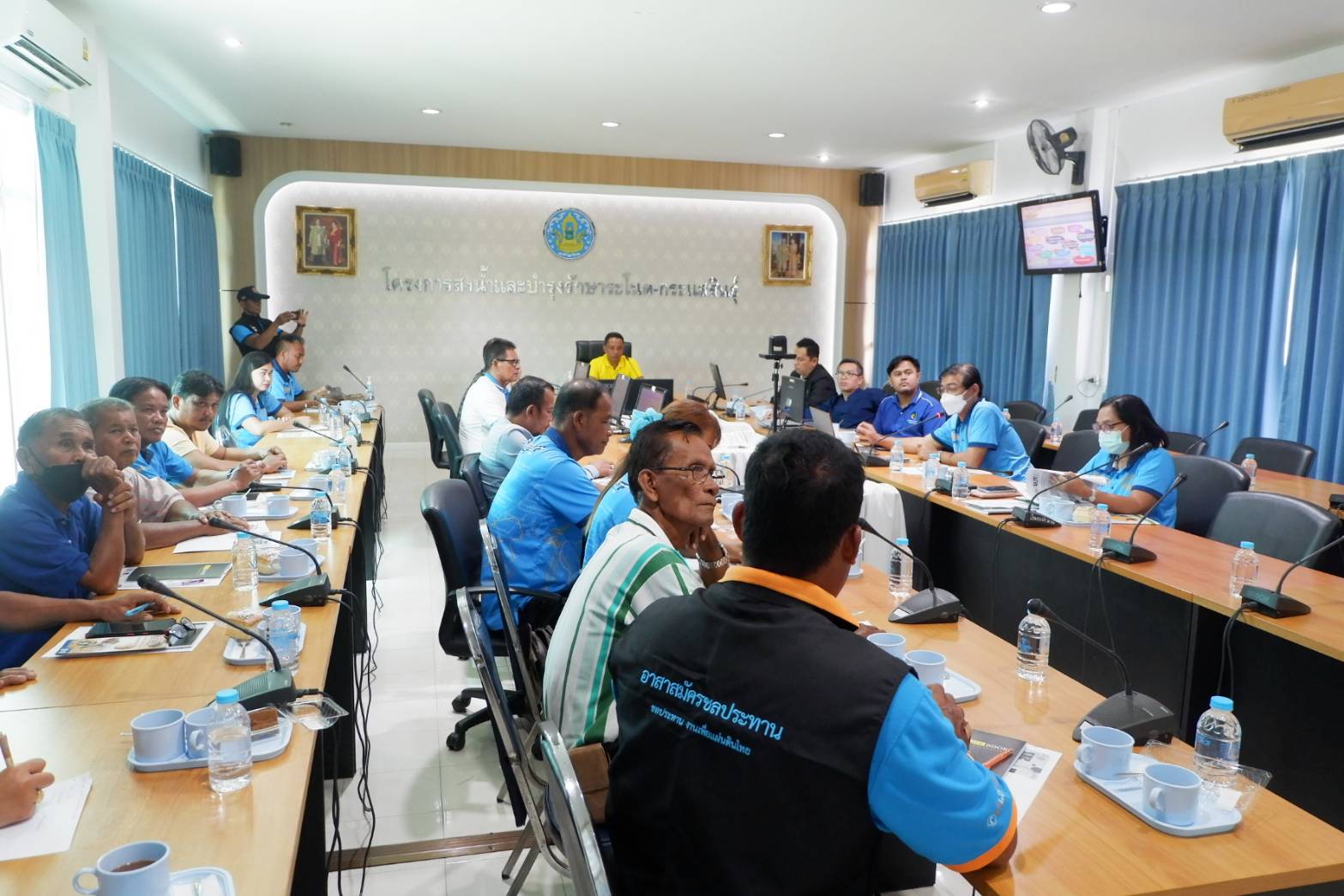
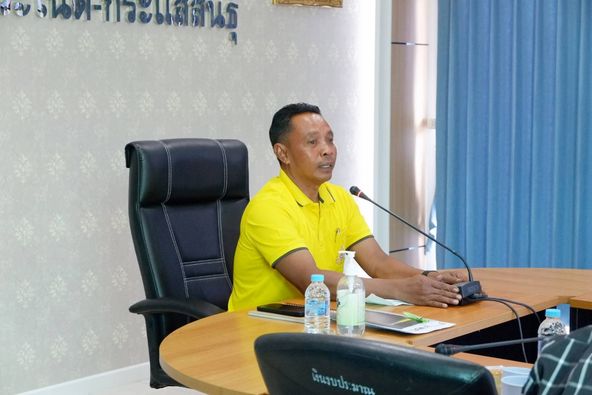
3. Monitoring Salinity Levels in Songkhla Lake
The salinity monitoring project in Songkhla Lake aims to address climate change-induced fluctuations in salinity, which can significantly impact fisheries and agriculture in the surrounding areas. This project is a collaboration with local agencies and organizations in Phatthalung, focusing on developing solutions that enable the community to adapt to these challenges.
In partnership with the Mayor of Ban Suan Municipality, Phatthalung, as well as the watershed committee and local water users, Rajamangala University of Technology Srivijaya (RUTS) is working to establish a framework for developing an accurate salinity monitoring system. The data collected from monitoring and analyzing salinity levels in Songkhla Lake will greatly aid in community water-use planning, helping mitigate potential impacts from salinity fluctuations. This initiative is a vital component in supporting local communities’ adaptation to climate change, particularly those engaged in agriculture and fisheries, by providing them with tools to manage resources effectively amidst changing environmental conditions.
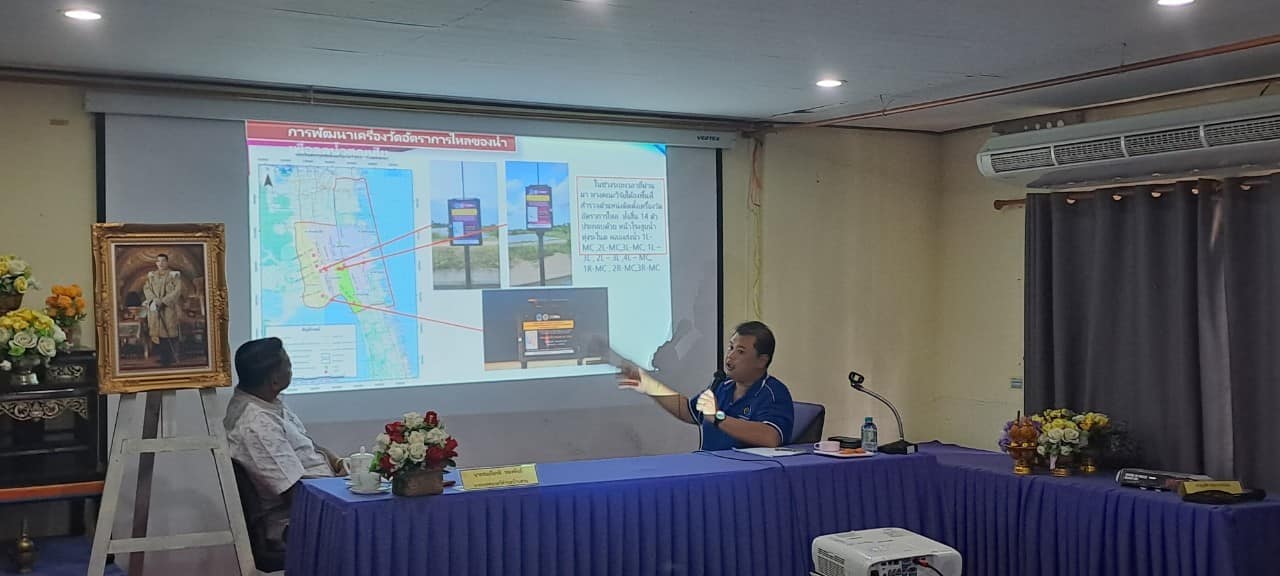
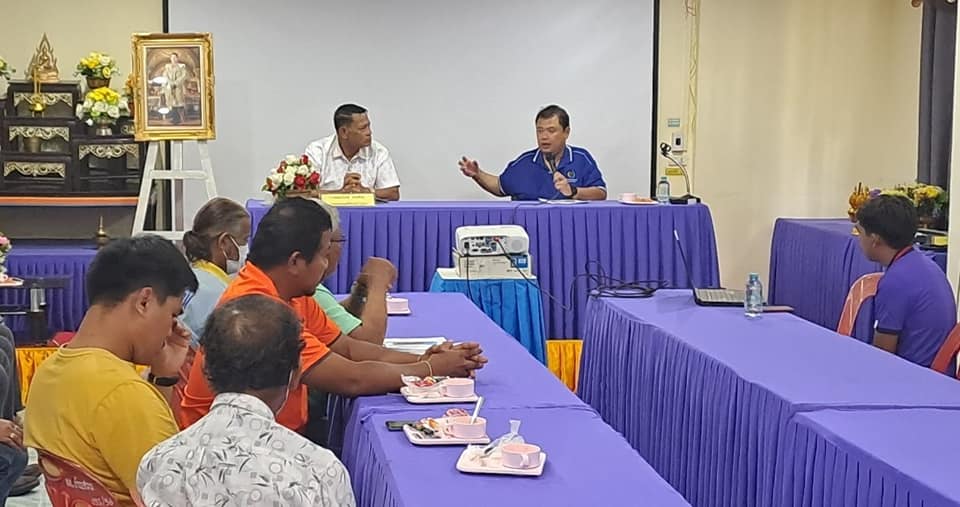
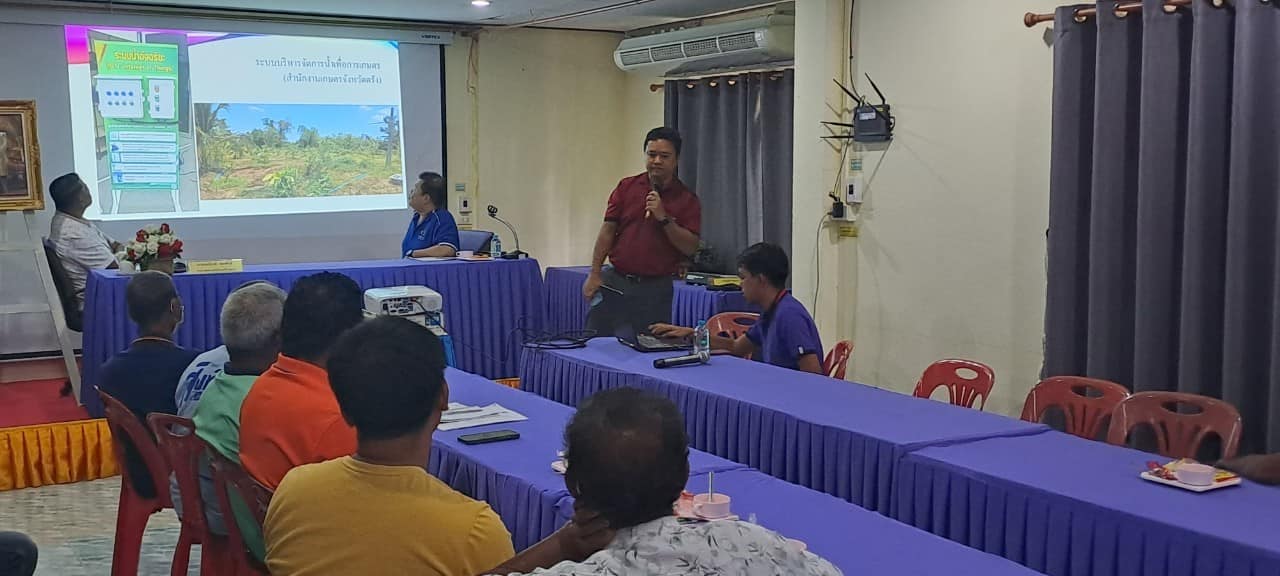
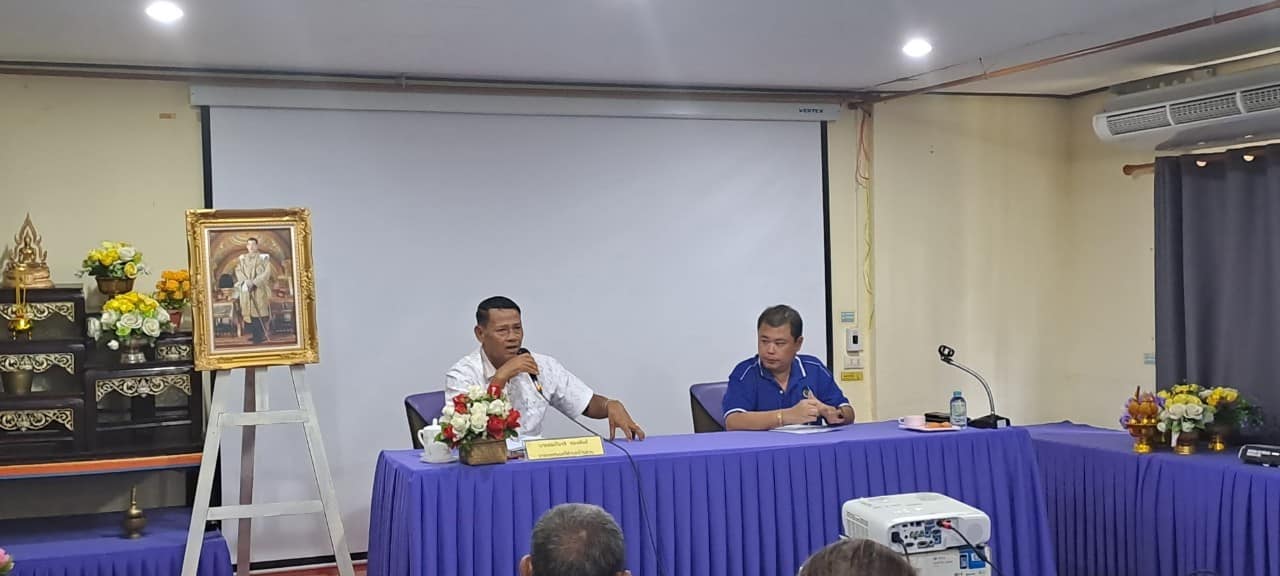
Summary
These research projects demonstrate RUTS’s commitment to fostering collaboration with external agencies and NGOs in sustainable water resource management and climate adaptation. The initiatives not only empower local communities in water resource management but also apply beneficial technologies and innovations to improve community quality of life and foster local economic growth. The ongoing research and application of technology to enhance efficiency are vital components in strengthening community resilience, enabling them to adapt effectively to climate change.
Related Links:
https://www.facebook.com/share/p/Q7SZjKVCcwk6xzjF

